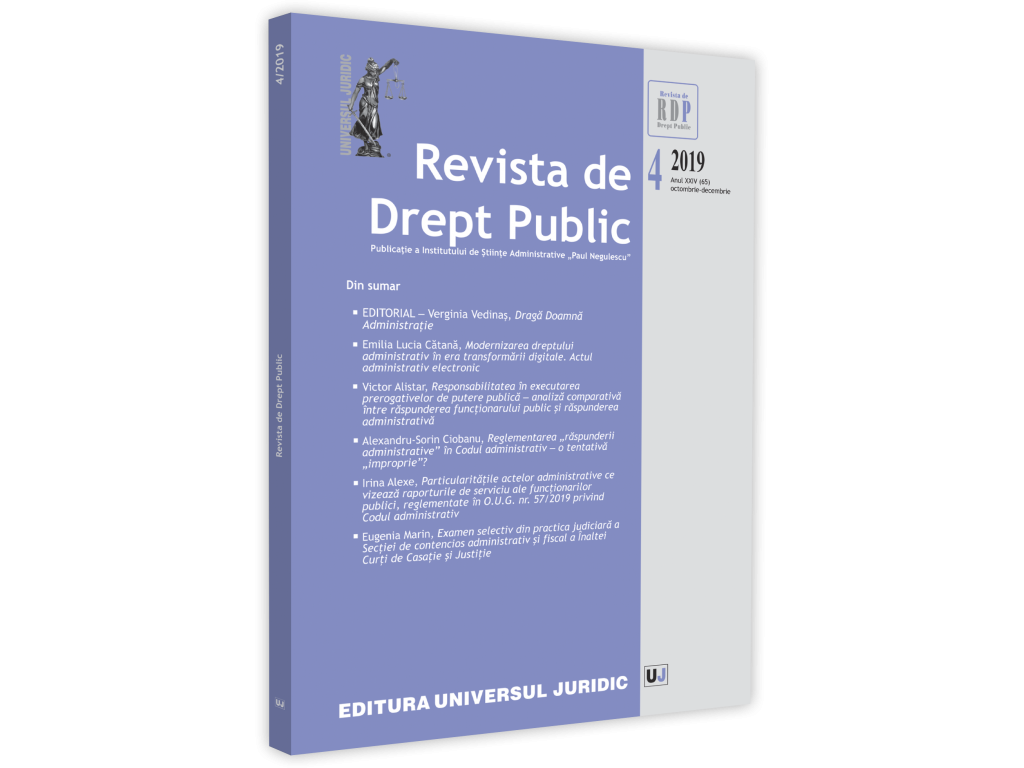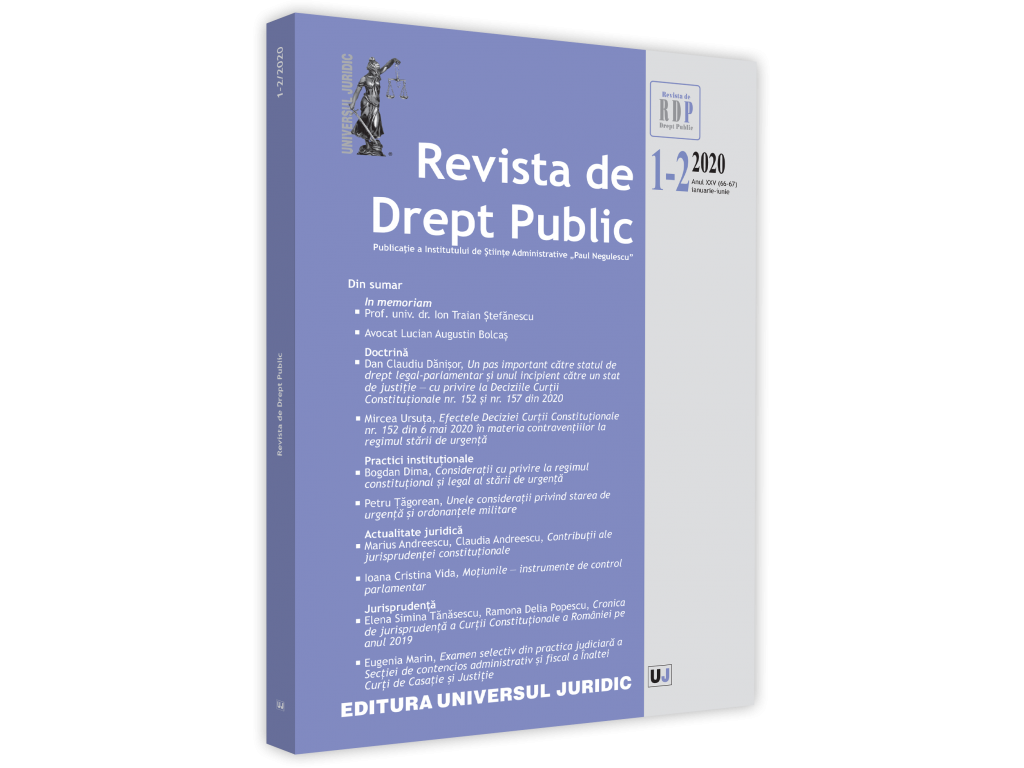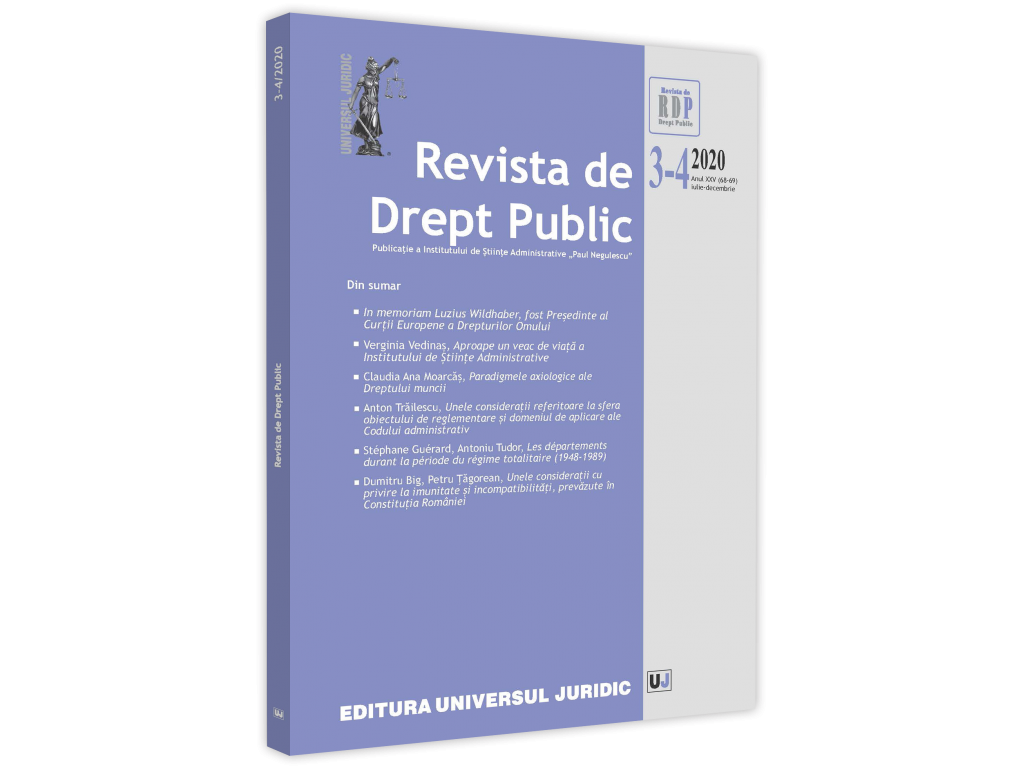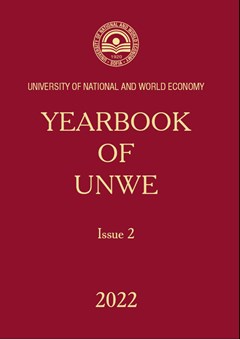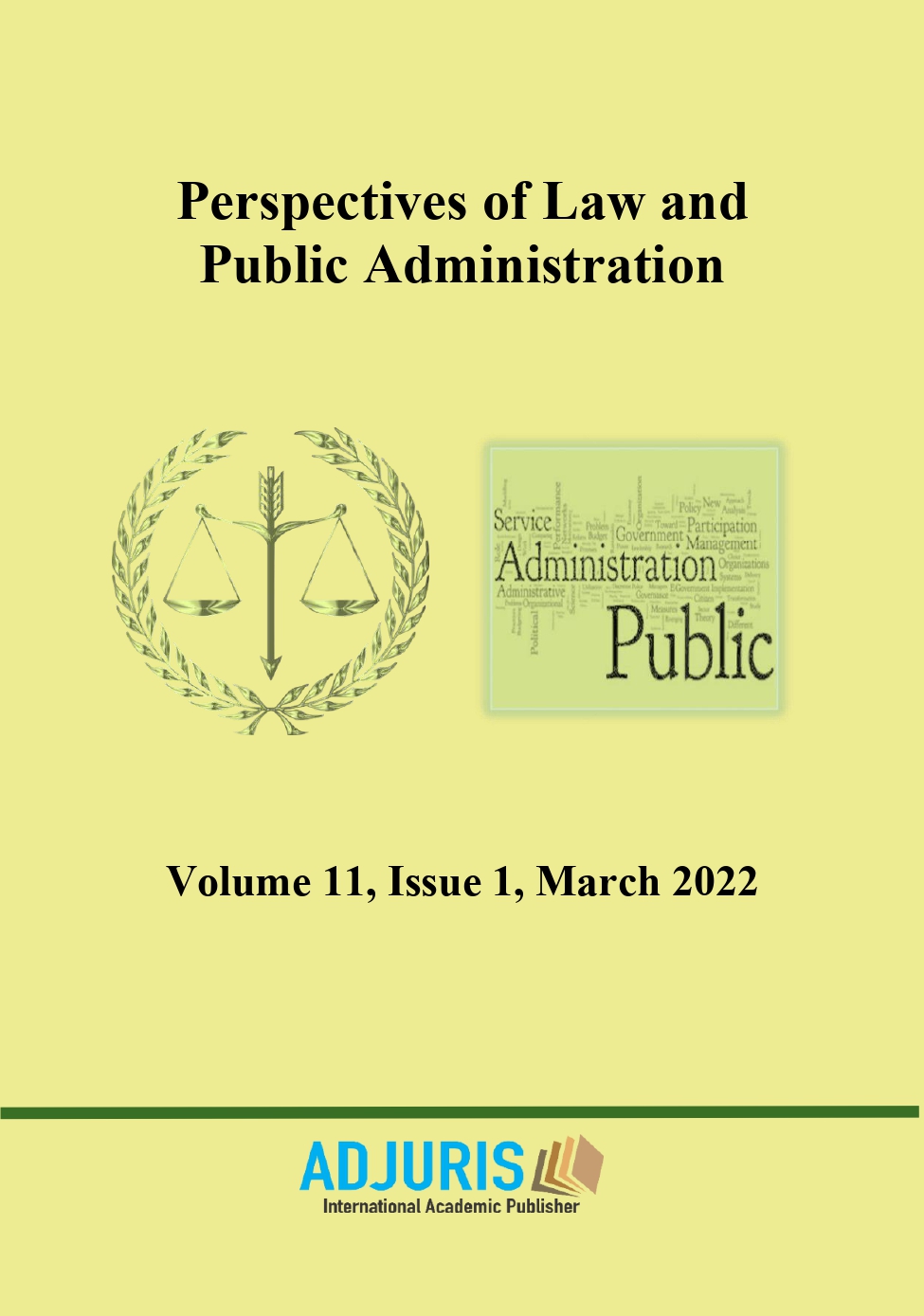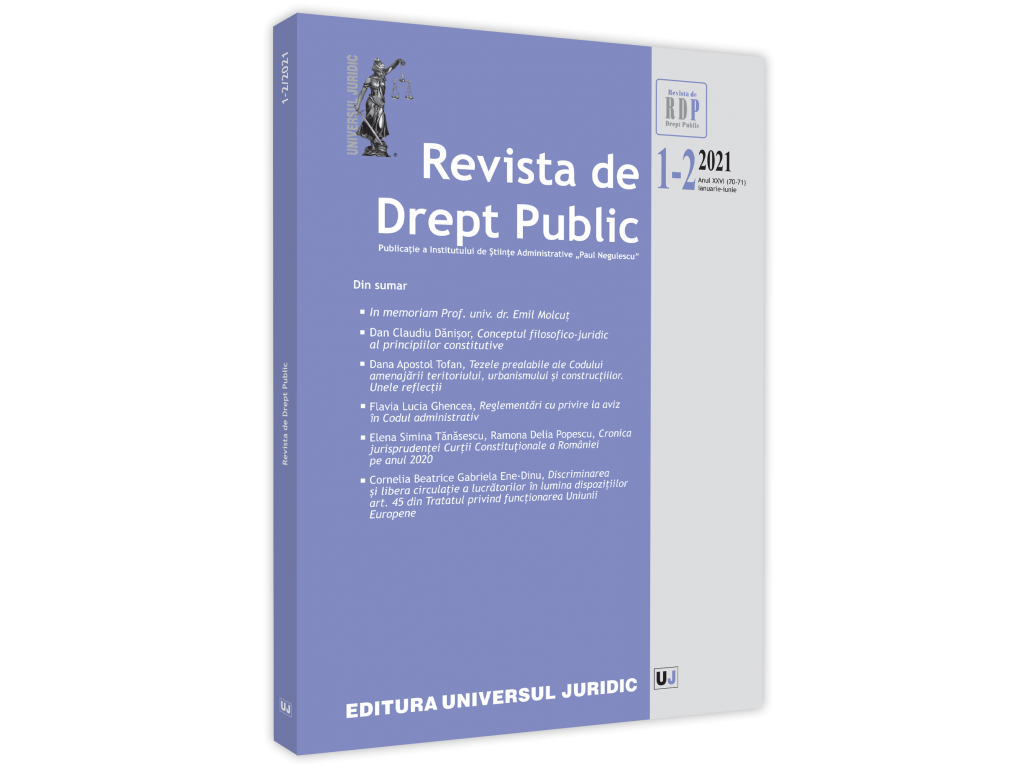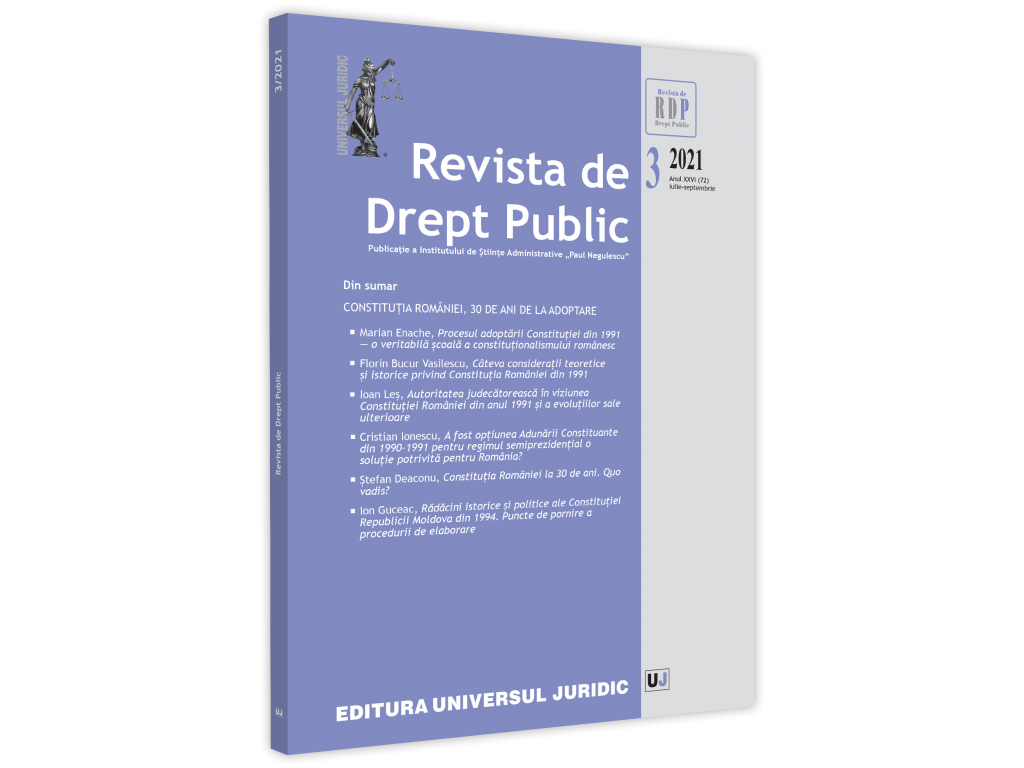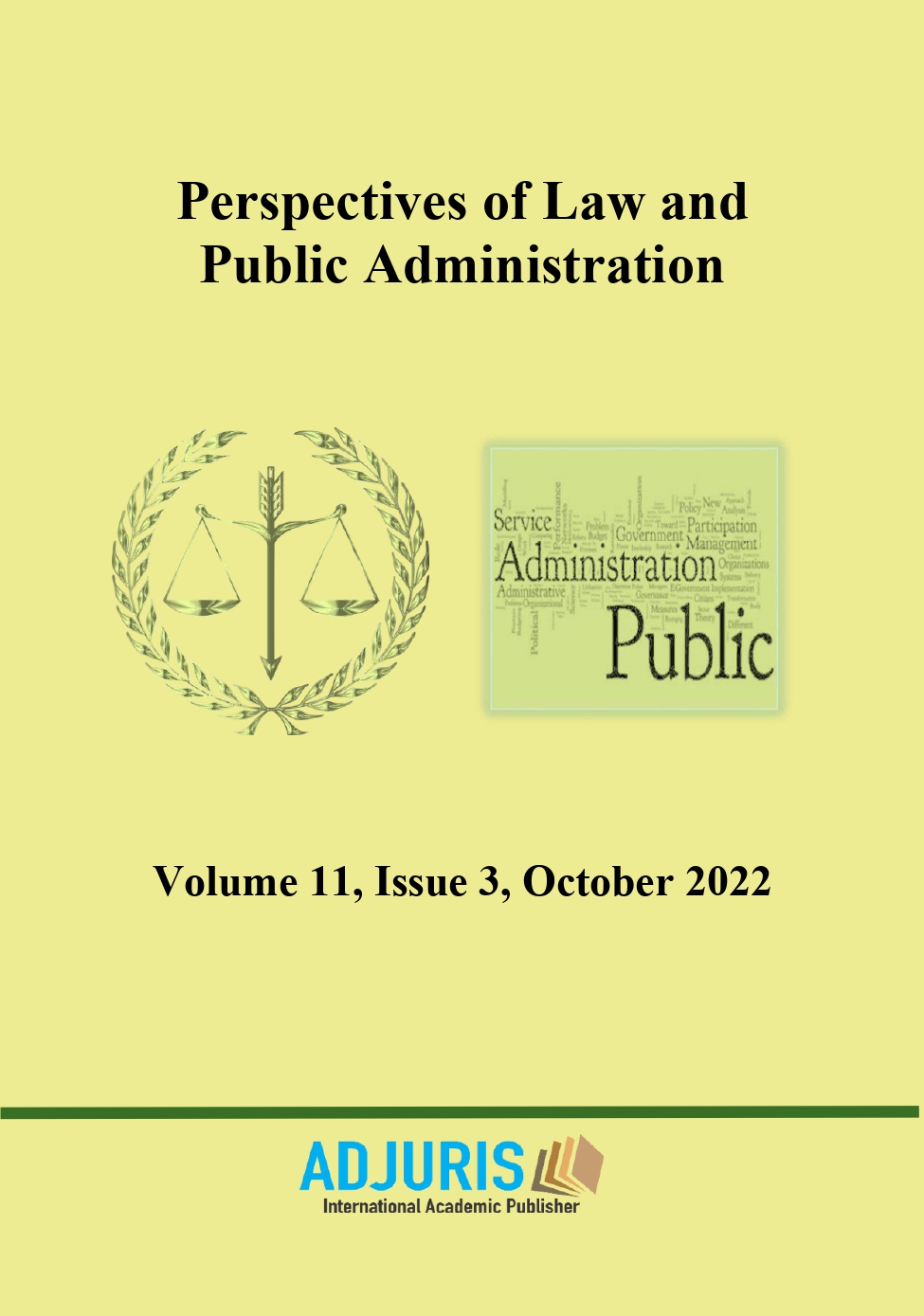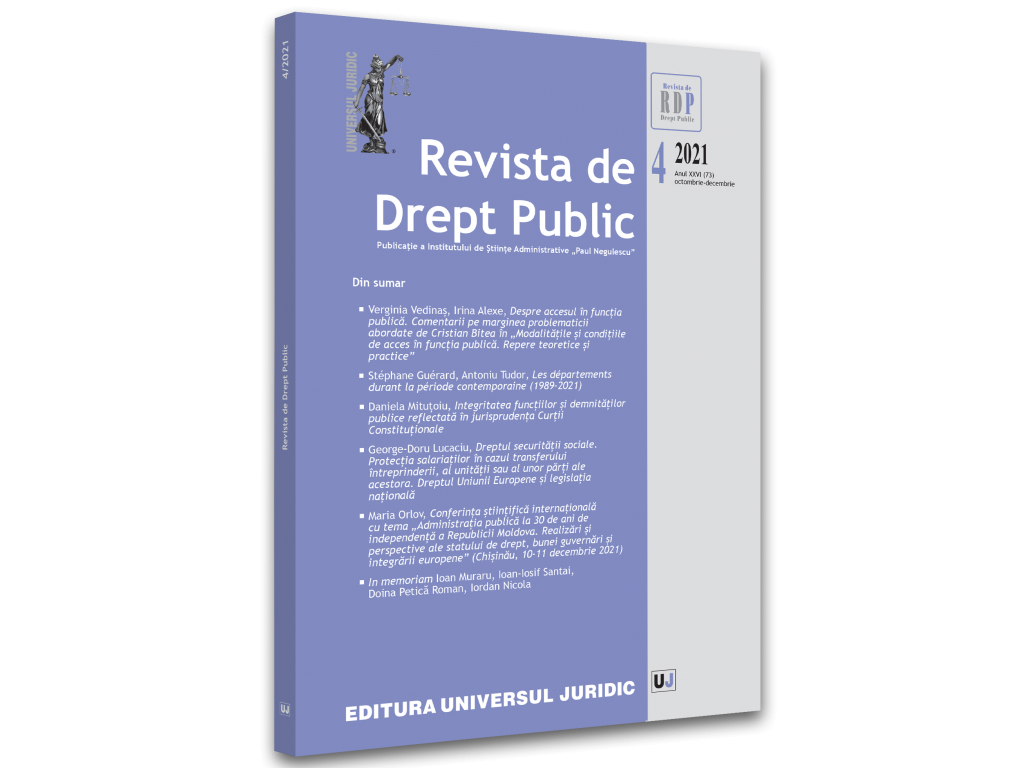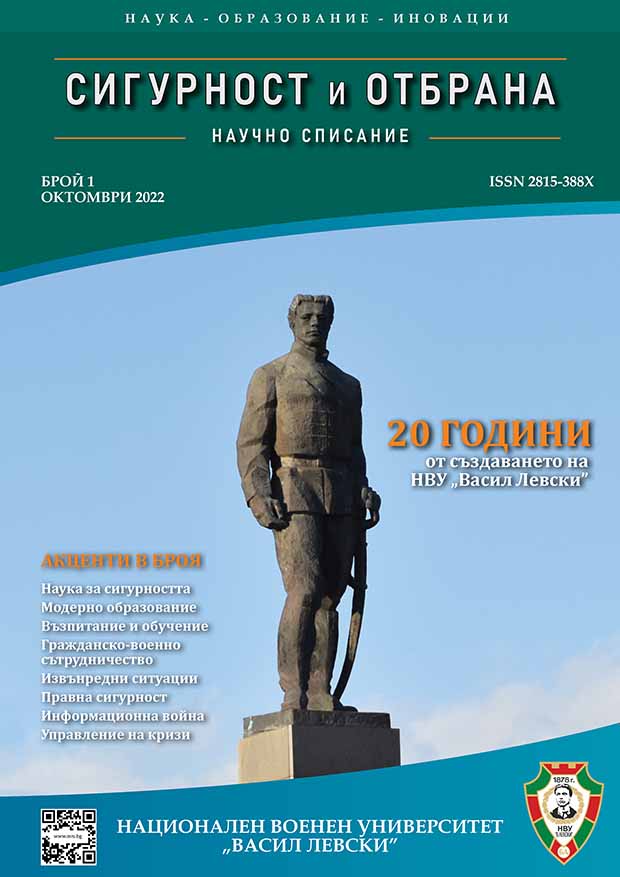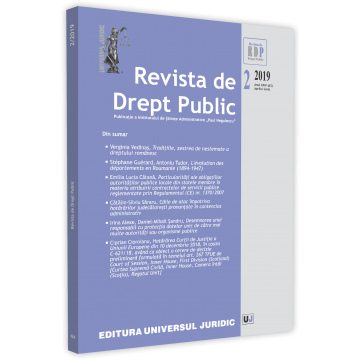
Particularităţi ale obligaţiilor autorităţilor publice locale din statele membre în materia atribuirii contractelor de servicii publice reglementate prin Regulamentul (CE) nr. 1370/2007
This study carries out an analysis of certain issues relating to the enforcement, starting from 3 December 2019, of the provisions of art. 5 of the Regulation (EC) no. 1370/2007 of the European Parliament and of the Council of 23 October 2007 on public passenger transport services by rail and by road and repealing Council Regulations (EEC) Nos 1191/69 and 1107/70, establishing obligations of the relevant local authorities as regards the award procedure of public services contracts falling within the scope of this regulatory act. To this end, it is also eloquent the recent case law of the Court of Justice of the European Union passed through the agency of the procedure of preliminary references, which is also examined.
More...
